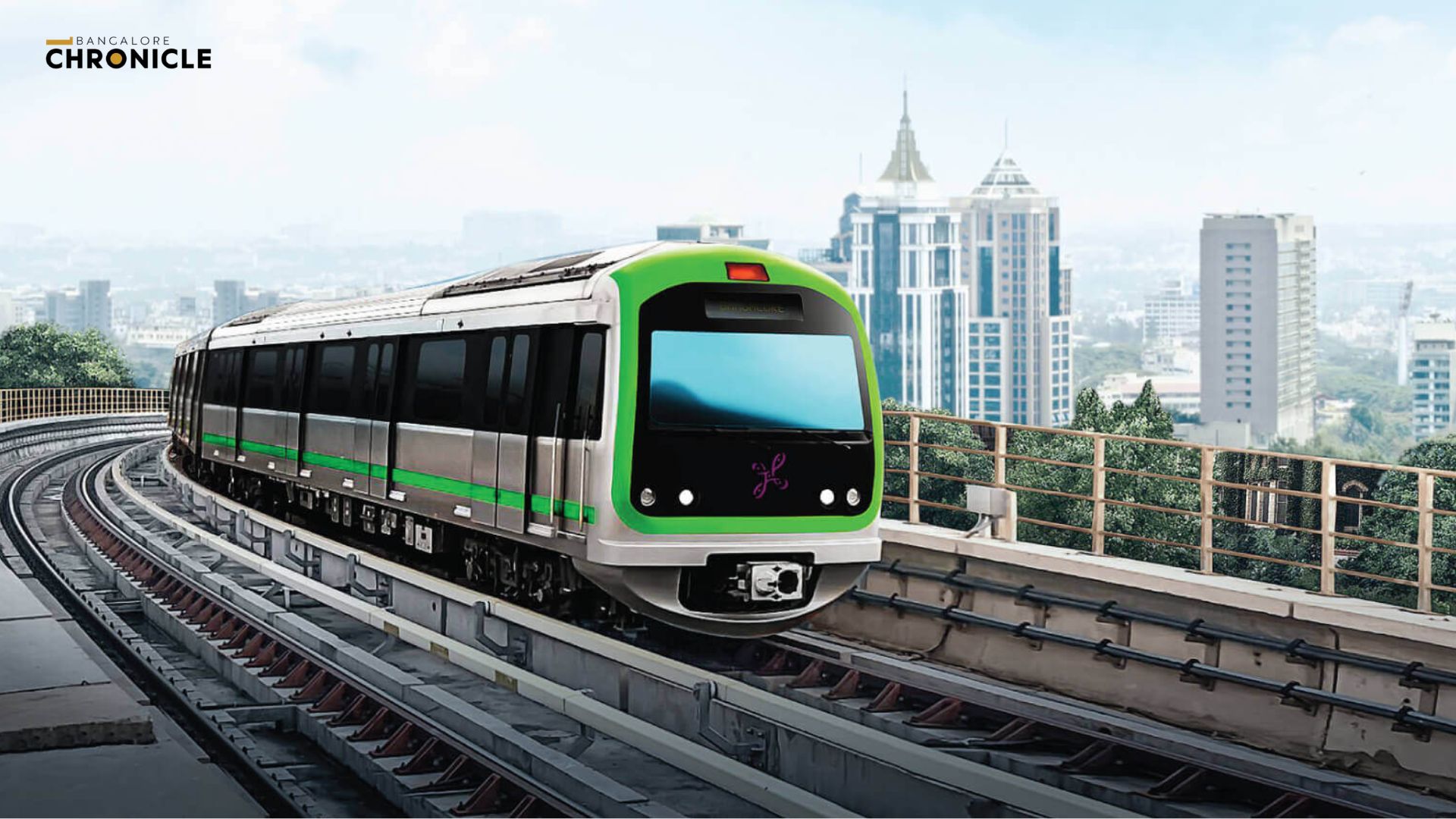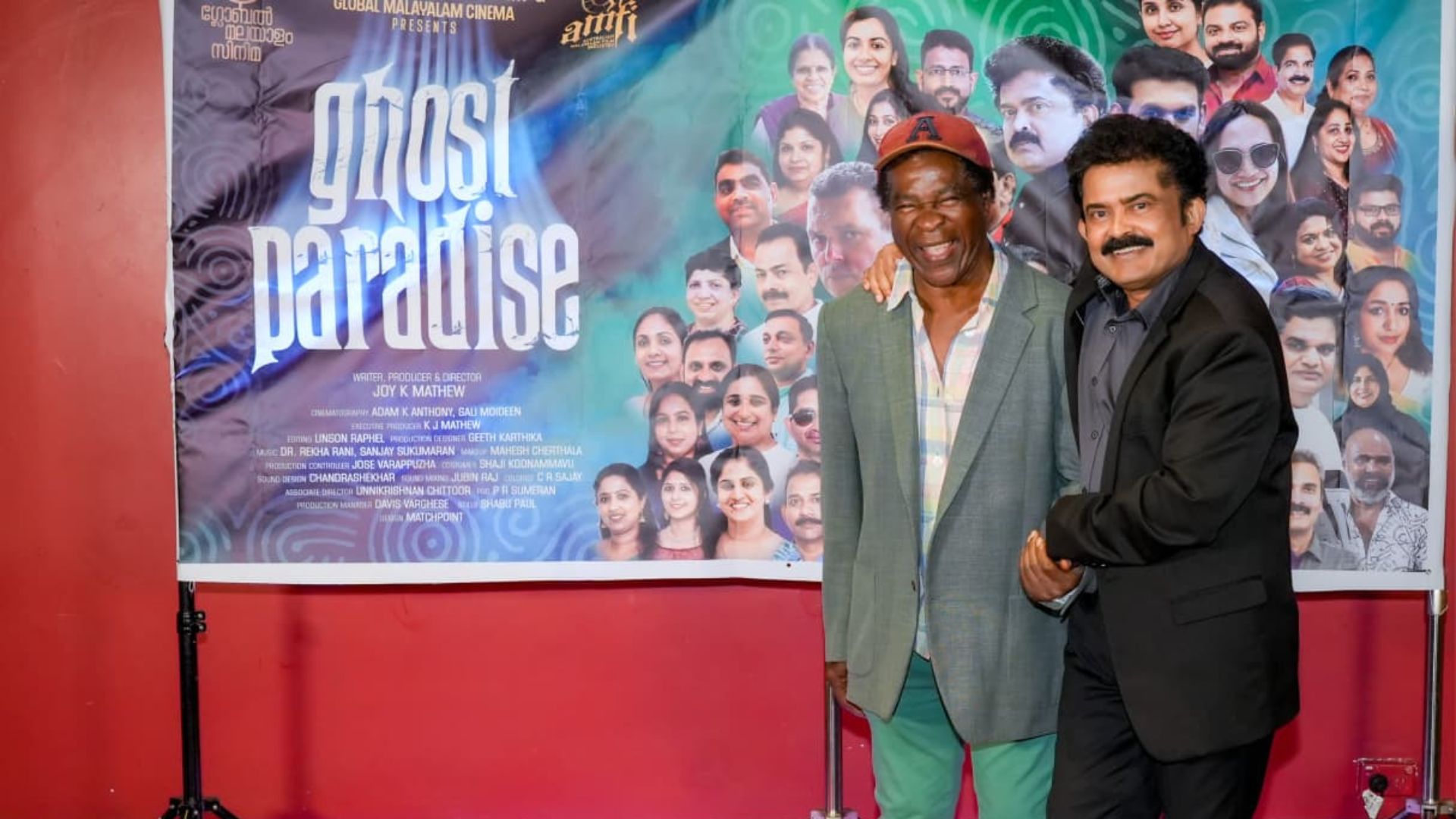
On Wednesday, Deputy Chief Minister of Karnataka, DK Shivakumar, announced plans to expand the Bengaluru Metro Rail network. This expansion would reach important areas like Hoskote in the east, Nelamangala in the west, and Bidadi in the southwest. The decision is a response to concerns about increasing traffic congestion on Old Madras Road. In particular, the stretch between KR Puram and Hoskote has become problematic.
Government Response to Traffic Issues
Sharath Bache Gowda, a member of the Karnataka Assembly, raised alarms about growing traffic issues in the region. Taking these concerns seriously, Shivakumar acknowledged the traffic challenges. He assured that the government is working on practical solutions to ease the situation. A detailed survey is currently being conducted to assess how feasible it is to extend the metro lines to the identified areas.
Shivakumar highlighted that both the state government and Namma Metro are attentive to the feedback from local Members of Legislative Assembly (MLAs). They are keenly awaiting a comprehensive report outlining the feasibility of extending metro service to Hoskote, Nelamangala, and Bidadi. These areas are urbanizing rapidly and face severe traffic issues.
Benefits for Commuters
The metro extension aims to benefit daily commuters traveling from Kolar to Bengaluru. Currently, around 10,000 people commute each day from Kolar to Bengaluru for work. By expanding the metro network, the government hopes to provide these commuters with a more efficient and sustainable means of transport. Addressing traffic congestion is a priority, and improving public transit options is a logical step in this direction.
Investment in Bengaluru’s Metro Infrastructure
Meanwhile, the Embassy Office Park REIT announced a significant investment of ₹100 crore aimed at improving Bengaluru’s metro infrastructure. Aravind Maiya, the CEO of the REIT, spoke at the Royal Institution of Chartered Surveyors (RICS) Commercial Real Estate Conference. He indicated that this funding would help tackle some of the city’s critical infrastructure challenges related to traffic congestion.
Maiya outlined specific projects, including the construction of a flyover to ease traffic at Manyata Tech Park, with an investment amounting to ₹180 crore. Additionally, a footbridge costing ₹20-30 crore is being developed. These initiatives are part of a broader strategy to enhance the metro network and improve urban mobility throughout the city.
Collaboration with Bengaluru Metro Rail Corporation
The Bengaluru Metro Rail Corporation Limited (BMRCL) is actively collaborating on key projects, such as the Bettahalasur metro station. Located between Bagalur Cross and Trumpet Junction, this station was part of a partnership with the Embassy Group that began in 2020. The estimated cost for this project is ₹140 crore. However, the current status of the Bettahalasur station remains uncertain, raising questions about its timeline and objectives. It was initially designed to enhance access to the Embassy Boulevard complex.
A Broader Commitment
The proposed expansion of the Bengaluru Metro to regions likeHoskote, Nelamangala, and Bidadi reflects the commitment of the state to meet the growing transportation needs of the city. Bengaluru is experiencing rapid urban growth. As a result, effective public transit options are becoming increasingly essential.
Improving metro infrastructure is part of a larger vision. The expansion aligns with efforts to reduce traffic congestion within a burgeoning metropolitan area. With substantial investments coming from both state authorities and private sector contributions, the metro network is poised to significantly influence the city’s future mobility landscape.






